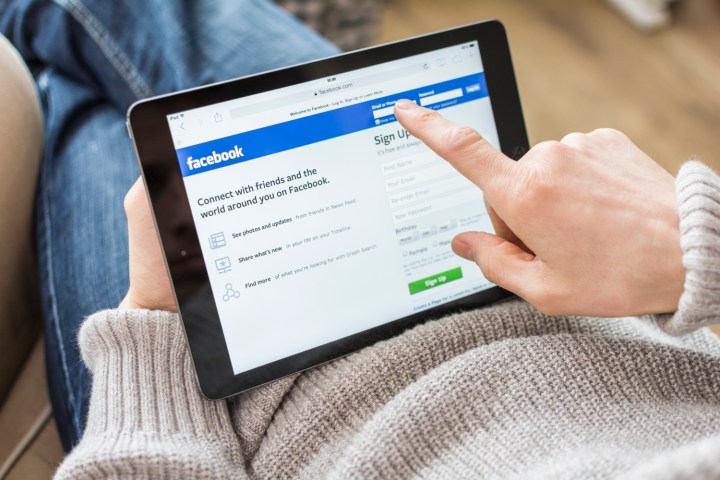
Now, the social network has decided to make some changes to the way its rules are enforced. Although it is not changing the policy per se, Facebook is introducing a new system that allows users to report fake names and a support team to guide them through it.
The new system includes support channels aimed at specific name-related complaints including LGBTQ issues, non-Western names, and cases of stalking and abuse.
In the past, the process was a lot quicker, with users simply able to report a fake name without providing much evidence or reasoning. Users who now flag a fake name will have several descriptive fields from which to choose from (e.g., “This profile doesn’t represent a real person”). Additionally, a required report providing specific information will also need to be filled out. Facebook claims this is all so it can understand how the allegedly fake name is “different from everyday life.”

With the new process, those accused will also have a week to defend their name. This is where the specific name-related issues come in, with users asked to fill in the option they identify with.

The social network has clarified that this is not a change to its real name policy itself, meaning users will still be required to use their real life names on the platform. If you find yourself accused of using a fake name, you will have to upload a form of identification as confirmation within a week or risk having your account suspended.
According to Facebook, the new tools are currently being tested on mobile and desktop on a limited basis in the U.S. only. By next year the platform aims to reduce the “number of people who have to go through an ID verification experience, while preserving the safety of other people on the site.”
Facebook’s real name policy has come under scrutiny several times this year. Protests were organized by a coalition of drag performers in June when the company cracked down on their purportedly fake profiles. Facebook has worked with a number of gay rights groups on the new tools, including GLAAD and Human Rights Campaign.
Editors' Recommendations
- Facebook about to rebrand under a new name, report claims
- Facebook removes some Russian, Iranian accounts for spreading fake memes
- Facebook just deleted fake accounts from the Middle East
